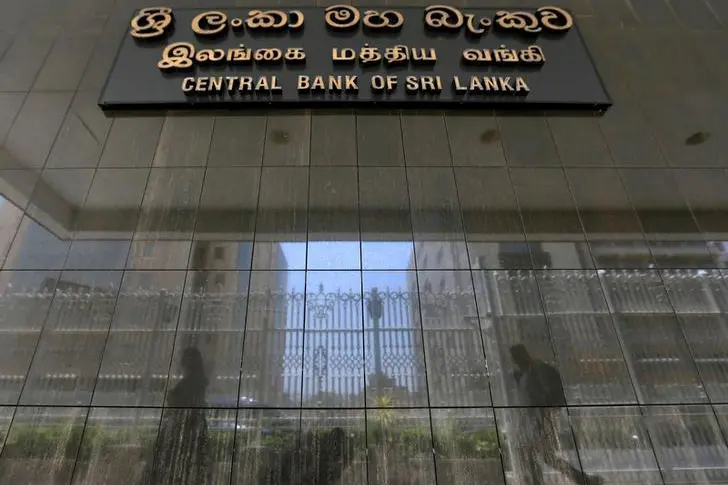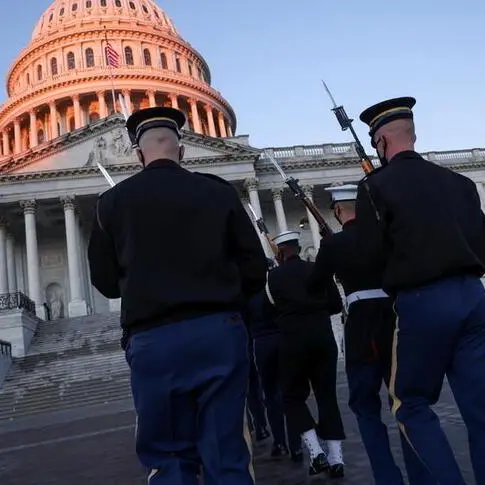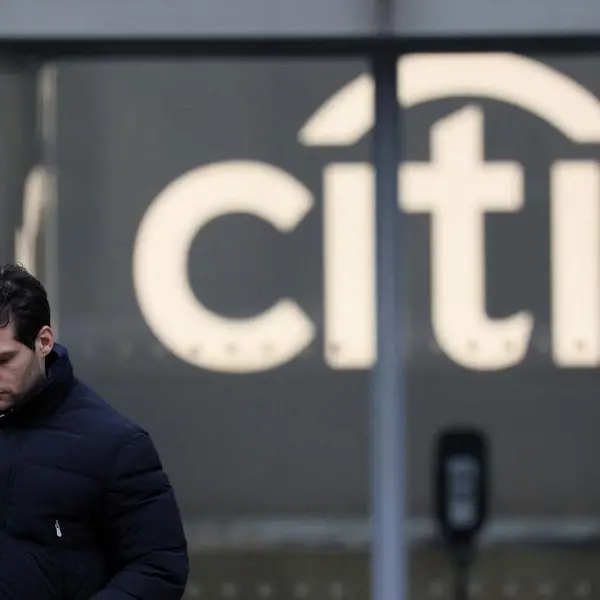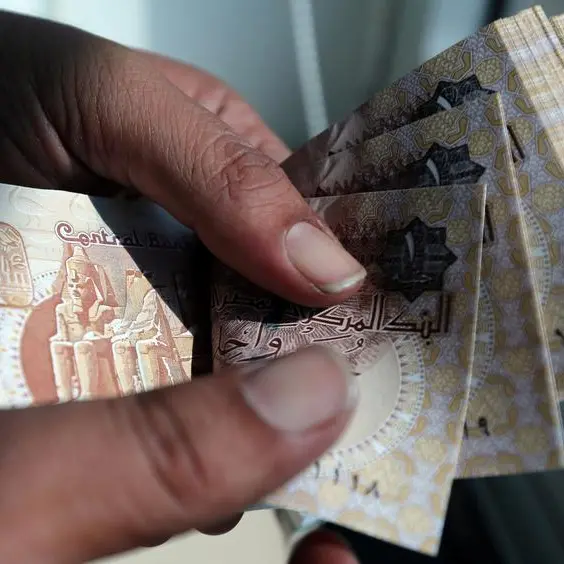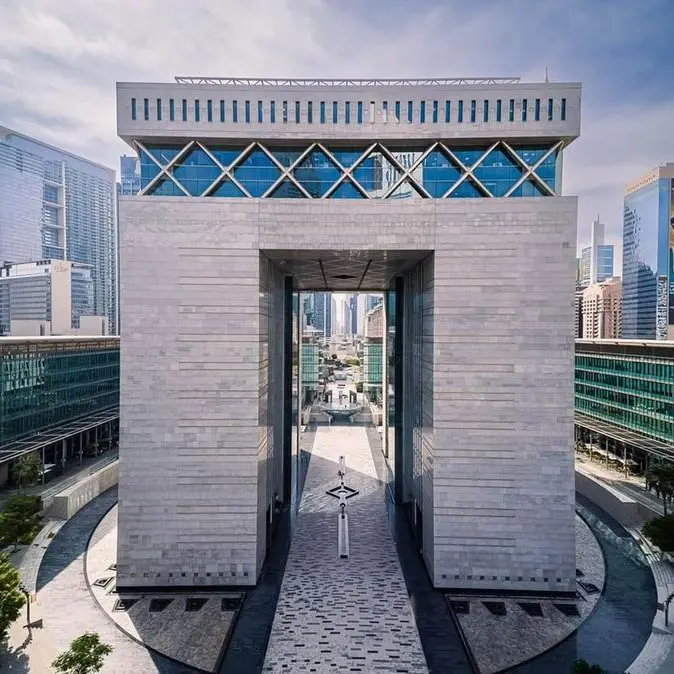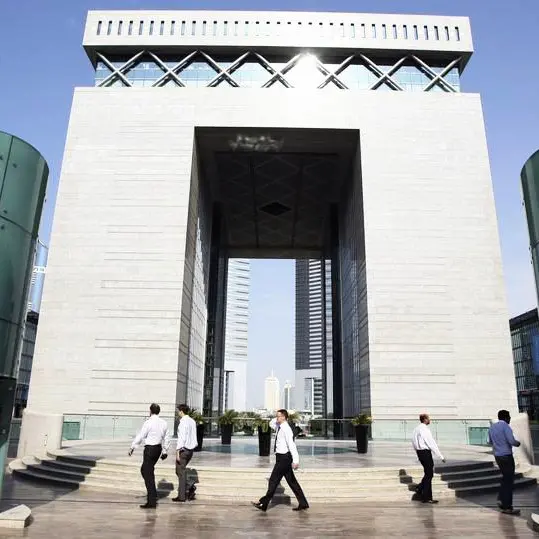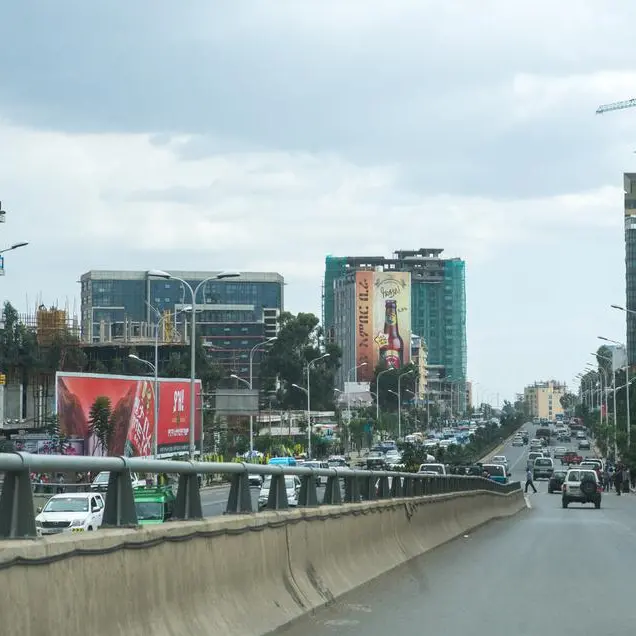PHOTO
Sri Lankan state-run banks are operating smoothly and the banking system is stable, the island nation's central bank said on Thursday, in response to concerns raised by an opposition member of parliament.
Sri Lanka faces an economic crisis as it struggles to pay for essential imports of food and fuel after a 70% drop in foreign exchange reserves since January 2020 led to a currency devaluation and efforts to seek help from global lenders.
"The Ministry of Finance and the Central Bank of Sri Lanka wish to assure the public and all other stakeholders that the banking system is stable," the central bank said in a statement.
State banks' operations were being carried out smoothly, contrary to statements otherwise, it added.
Thursday's remarks in parliament came against the backdrop of about $1.4 billion worth of Sri Lanka's development bonds set to mature this year, more than two-thirds of them before March, with domestic banks holding about 89%, central bank data shows.
Three sources familiar with the matter said the central bank missed a payment on a Sri Lanka Development Bond (SLDB) owed to top state-run lender People's Bank, which, in turn, failed to honour a swap done with two other commercial banks.
It was not clear how much the SLDB payment amounted to.
The sources declined to be identified because the matter is sensitive.
The central bank did not immediately respond to a request for comment.
The opposition had learned that a state bank had defaulted, main opposition MP Harsha de Silva told parliament on Thursday.
"There must be an immediate investigation into this," he said, adding that he had cautioned parliament against swaps with negative premiums in a speech three months ago.
"I warned this was dangerous and could result in the entire banking system collapsing."
However, one of the sources said the two commercial banks stepped into assist People's Bank by agreeing to defer the swap settlement as they had adequate dollars for the time being.
People's Bank had made clear in a SWIFT transaction that the payment could not be met, the source added.
"The size of the SLDB doesn't matter," another source said.
"The buck stops with the government so this could have a cascading effect on the entire banking sector. This is why they are trying to minimise damage."
(Additional reporting by Swati Bhat; Editing by Clarence Fernandez)
